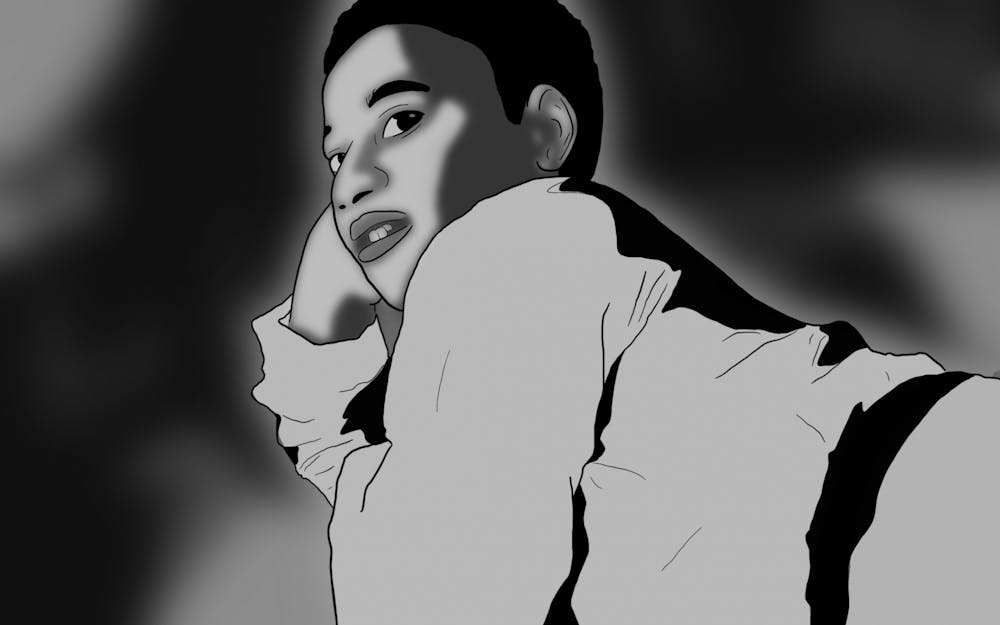Editor’s Note: This story includes mention of violence.
The U.S. House of Representatives passed a bill on Feb. 28 to make lynching a federal hate crime.
The bill’s full title is “Emmett Till Antilynching Act.” It’s named after Emmett Till, a 14-year-old Black boy who was lynched in Mississippi after being falsely accused of flirting with a white woman.
After the incident, Till was kidnapped by family members of the woman who accused him. They brutally tortured and mutilated him and threw him into the Tallahatchie River in Mississippi. Till was beaten to the point where he was unrecognizable.
Till’s death, the acquittal of his murderers, and the national outcry for justice essentially was the surge which developed into the Civil Rights movement.
Decades later, there were still several stories like Till’s.
This bill is long overdue.
Lynchings, which mostly occurred in the southern region of the United States during the 19th and 20th centuries, were often perpetrated by white mobs to terrorize and instill fear in Black people.
These lynchings were essentially public entertainment for crowds of white people to watch Black people get tortured and murdered.
Other people of color were victims of lynching and even some white people who attempted to aid Black people. However, Black people made up about ¼ of lynching victims.
There have been over 200 failed attempts since 1918 to approve legislation which would make lynching illegal, according to the Washington Post.
This century-long battle to outlaw lynching signifies the United States’ vile participation in anti-Black violence and negligence of Black people.
While the bill is long overdue, there are still people who want to see it fail. Three Republicans voted against the bill even though the bill itself was sponsored by both major parties.
Related: [Black Voices: The forgotten friendship between the Jewish and African American communities]
No matter how much the country seems to progress, there are still people who would rather see it stay stagnant for the preservation of whiteness. The preservation of whiteness is what essentially allowed lynching to not be outlawed for all these years.
To most, it may seem as if lynchings aren’t happening during the 21st century. They are still happening but are oftentimes unreported and called by other names. There have been several modern-day lynchings of Black men within the past 10 years, one of them being Ahmaud Arbery.
Arbery was followed by three white men in a truck on a jog. The men shot and killed him during a confrontation. Recently, the three men were found guilty of federal hate crimes based on their history of racial bias.
Once the anti-lynching bill becomes a law, the hate crime will hold up to a maximum of 30 years in prison, according to the bill’s text.
Black people have waited for generations for the country to finally acknowledge the harm of lynchings. While the bill will not and cannot make up for the centuries worth of terror inflicted on Black people, it may be a start in ensuring people are in some way held accountable for their crimes.




